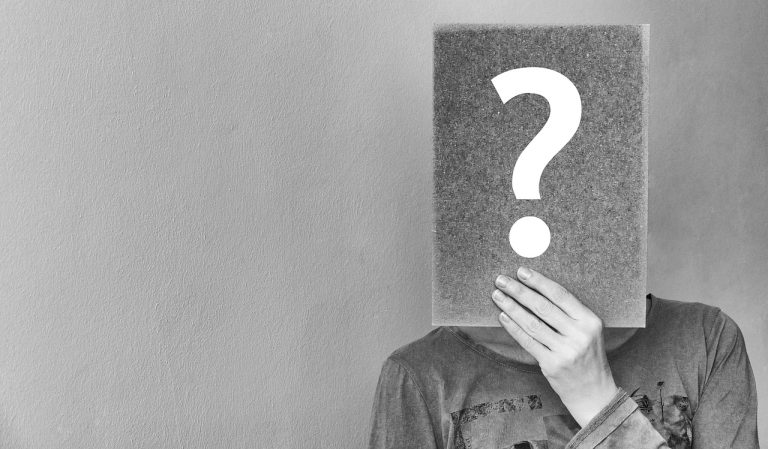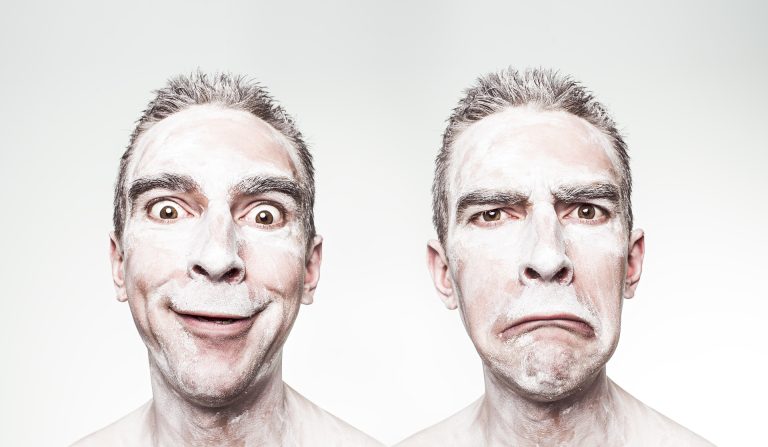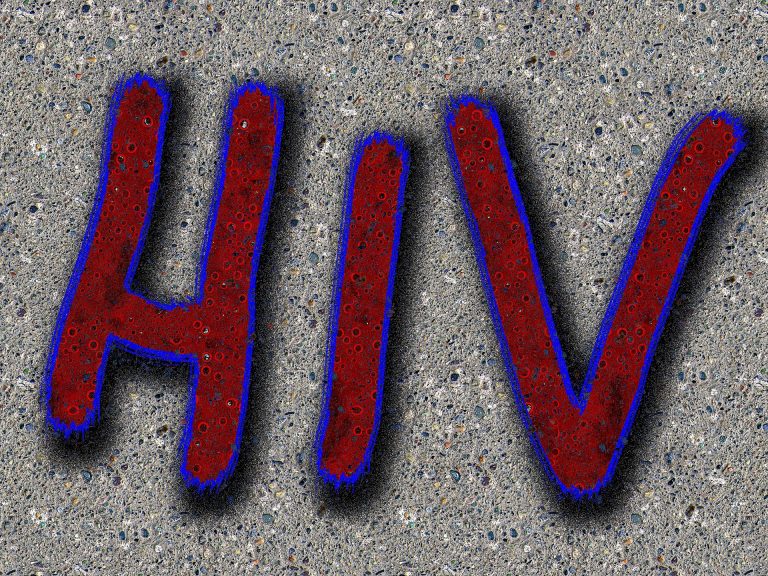Retrospect is 20/20. I’ve been living with varying degrees of bipolar for as long as I can remember (I’ll chat about the first ‘incidents’ some-other time).

The first indication that should have set off alarm bells for everyone was when I tried taking my own life the fist time back in 2004. At the time I was dealing with huge personal anguish with my sexuality and after, what I now now can call homophobic, a flippant comment was made I took to a bottle of aphid-killer.
That should have been when I was evaluated and diagnosed. But, as we do in South Africa, the incident was swept under the carpet. It was never to be spoken of again and I wasn’t to set foot into a mental heath professional’s office until ten years later. Even when I did first reach out to professionals for help some ten years later they were unable to join the dots over such a vast history.
Ultimately I spent the best bast of 14 years misdiagnosed with varying degrees of depression and ADHD. It wasn’t until 2019 that I was finally diagnosed Bipolar II (at that time my Psychiatrist was unaware of my spells in hospital many years prior). In those fifteen years before diagnosis I attempted taking my own live no less than five times. Again, in retrospect it’s 20/20: every single one of those attempts were preceded by stress: academic, personal, familial, financial or a combination of those.
Depression is a battle that revives itself!
There’s depression and then there’s clinical depression.
In BP, and other medically diagnosed people, clinical depression is crippling. It’s not, “feeling sad”, that’s depression at the worst case and ‘feeling blue’ at best. Clinical depression is a literal fight for your life: every minute of every day.
With BP depression it’s a fight that may last weeks, months and, in some extreme cases, years. And even when the depression has passed you’re left picking up the pieces rebuilding your life after a single battle in a perpetual war of the self.
You’re not an asshole. You’re sick.
I writhe in my chair to use the term “mood swings”.
Mood swings are for cats. In no way do the connotations to the term adequately describe the intensity of ones mind at one or other of the extremities: manic or depressed. There is no swing in fact: one moment you’re hey, ho chipper feeling good about life and the next you’re gripped by the deepest depression and the next you’re planning a trip to Thailand.
In theory, it’s possible that would be able to mitigate the catastrophic consequences of either of these extremities by identifying triggers that I know exist. Much easier said than done though: most triggers are informed by your relationships with other, flawed and unpredictable, people and situations. In my case stress is certainly one of the most salient indicators of impending catastrophe, but avoiding stress is difficult when you’re BP: there is a compulsion to please all people all the time, including yourself as you slowly climb the hypo-manic latter or that really good space where you can do the work of a month in a week and feel great.
Cognitive behavior therapy may help however with learning to respond and react to triggers. Consider that and. if your Medical Aid can cover the costs, do it (side note: your Psychiatrist can recommend CBT as treatment of your chronic illness in South Africa which will be covered by your Prescribed Minimum Benefits).
It’s import to build ‘behavior’ that mitigates the effects of BP. By way of example, I have a 5 day cooling-off period rule for online shopping: if it’s in my basket for 5 days or more and still feel like I need to purchase it I must empty the basket. Obviously as a ultra-rapid cycler 5 days works for me but would need to be adjusted for your own ‘cycles’.
Something I’m working on that’s similar is a ‘cooling off period’ for sending Whatapps and Emails when I feel I’ve been in somewhat hard done by. So far my attempts have been unsuccessful but I know where there is a will there is a way and that way is a learned behavior to stop acting on impulse, especially in a world where communication is instant.
There may be something to Rhythm is Dancer
Rhythm is everything. Routine and habit is salvation.
In BP I, I can go weeks being at peace with myself (a place I call ‘being OK’) and within a few hours after a triggering event I find myself at one of the poles at best, or at worst, the incredibly destructive phase of ‘mixed episodes’ (which needs a post all of of it’s own).
Manic me does not feel the necessity to sleep and, in fact, I feels sleep is for the weak. And with days of poor sleep, come days more of depression and usually a few days in between of mixed episodes.
The apt acronym for Seasonal Affective Disorder never fails to make me smile. SAD is essentially a disorder that follows the sun: folk that are affected usually find themselves in a depression during the winter and early spring because this is when we’re exposed to less sunlight and the goodness that comes with it for mental health. It doesn’t take a cosmologist to understand why we get SAD in the winter. Our body clocks are slower, but our expected output in society remains the same.
You can other mental illnesses and bipolar.
It’s never “just the Bipolar”.
By definition BP is what one might call the “collective noun” for cycles of major depressive disorder and mania. But there’s wadge of other issues that usually accompany BP. For me these have included claustrophobia and social-phobia.
There’s all sorts of spin-off effects of being diagnosed BP too. One being an anxiety that I’ve never experienced before. Other unintended consequences of BP and the medication that comes with it is weight gain (and it’s associated self-loathing) and severe insomnia.
The big elephant in the room: substance abuse disorders. This is very common in the BP community, they know it too. My nemesis? booze. Damn it to hell! The addictive values of alcohol compound matters. An old adage: readers will surely see how it’s not a stretch to justify ‘having a whiskey’ to get to sleep, and “having a whiskey” to drown your sorrows. Frankly, had the previous sentence come from anyone other than myself I’d have laughing my ass off at the stupidity of it.
It’s fact though: substance abuse disorders and BP are in the same Whatsapp group.
I’ve made huge improvements here though and I’m very proud of this. I’m incredibly grateful that friends and colleagues have help me to get a handle on my drinking to ‘manageable’. It’s my intention to go sober in 2021 – watch this space.
Fear the the compulsions of your mind
I was describing this to someone the other day – the will one feels like you need to end it all. It’s so consuming that the need to walk down a national highway the wrong way seems almost logical. Even necessary. It’s a bizarre and scary place to be.
Many others battle with self-harm as an out to suicidal thoughts. I’ve always been more of a black and white kind guy so this has never really applied to me.
Now get me right on this: suicide is NEVER an option. No body wins. Everybody hurts. So, if ever you feel that kind of all consuming need to end it all DO SOMETHING – pick up the phone, call a friend, call the EMTs – do anything that will get and your mind away from yourself.
Stead of makin’ me better, you keep makin’ me ill
BP medication is the spawn of Satan.
Your prescribing doctor deals with hundreds of patients a year and you can be sure they’re desensitized to the effects of the medication they prescribe. This is why it’s important to press your prescribing doctor a little more before you’re sent to accounts to settle the consultation fee:
Ask more questions.
- Ensure you know how and when to take your medication. Some medication can be dissolved to ensure quicker time to action, which in turn affect show long it stays in your system and the therapeutic affects remain.
- You’ll also need to know whether taking your medication at the same time every day is important and whether taking it with food is beneficial or not.
- Everything on the planet has a side effect. Eat more beans, get more farts. In medicine though side-effects are important. It’s vital that your doctor, at the very least, describes those side-effects that are “very likely” per the medication’s approval leaflets you know what is a mild side effect and what constitutes an emergency
. - Your pharmacist literally has a qualification that means they know their shit about medicine. Take your time at the pick up counter and not leave until you are confident you’re aware of:
- how taking off the shelf medicine interacts with the medicine prescribed,
- what the side effects of the medication you’ve been prescribed are,
- when to make a call to emergency services, and
- for long you should tolerate the side effects before they wane over tine (usually they do).
- Join a support group so you can ask “I’m taking XYZ and has anyone felt ABC?”. It’s classic group theory at work – being a part of one makes you feel less vulnerable and therefore safer. This one is going to be unpopular but consider joining a support group online. /r/Biolar and /r/BiolarReddit I find are wonderful. South African? Here’s a post with local resources I’m putting together,
With all medicine, the question is this: will not taking this medication have consequences better or worse than not having the meds and living with the side effects? If the answer is “no”, then don’t start taking the medication (rather than quitting midway).
Bipolar I doesn’t have to define you
In the first few months after diagnosis it feels that way… it’s not. Your condition is very treatable and you’ll be up with the rest of the pack in no time. There’ll be a few bumps along the road, and that’s OK too.
I’ll always have the extremities of mania and depression. I’ll be better able to manage either side when I take my medication (and on time – NB for me). Learning to know the signs of an impending episode is useful. Make a diary entry for next week titled, “How are you?” for 15 minutes and when the time comes answer yourself honestly so you can take the action you need to take.
Knowing what triggers set off a particular mood. This is very, very difficult to achieve: usually life being life is a trigger.
Research. Research every day! Only in recent (medical) history are we even beginning to understand BP. Literally every week there is new research for you to read up. Avoid summaries in the press or an online ‘journal mill, get the paper itself to read (Google Scholar is useful here). If it’s not free, email the first named author and ask for a copy, or use the filetype:.pdf parameter on google scholar to see if there aren’t other version of the paper available for free.
To move forward, you need to accept your diagnosis and stick to the plan of action, get back on the road of life. The sooner you realize that truth, the sooner you can move forward. if you haven’t got it get – get help and never stop fighting the war!




